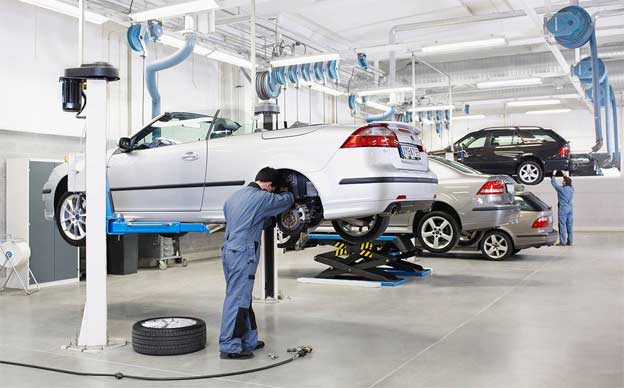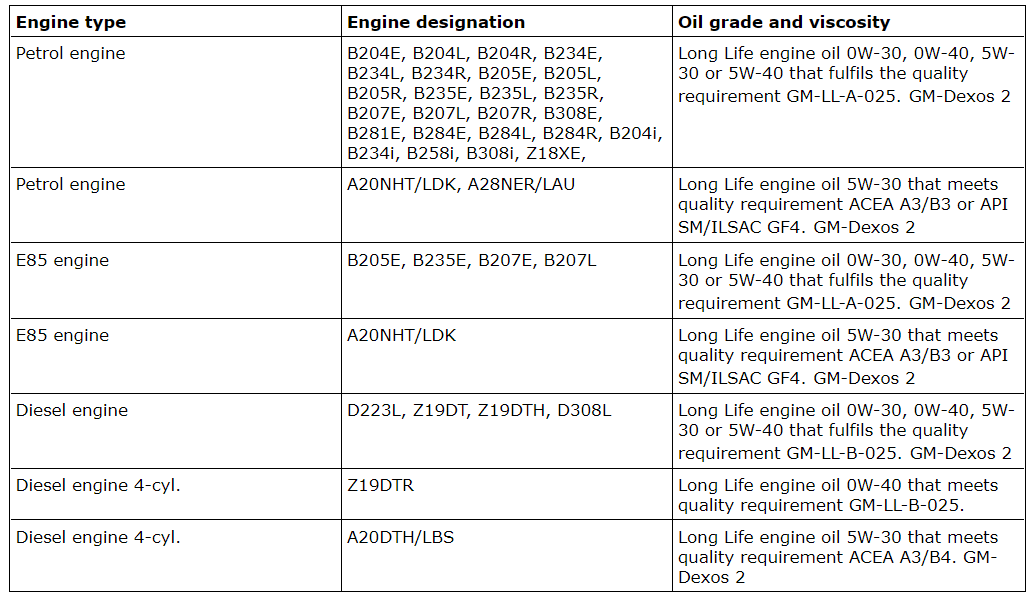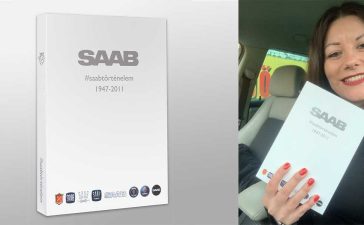Regular oil change in the engine of your Saab is just one of the obligations that Saab car owners should pay special attention to. Of course, as far as newer vehicles are concerned, if you do not change the oil on time and with the use of prescribed products, you can lose the warranty.
However, as we all know, since the Saab plant in Trollhattan has not produced cars for 10 years, all cars are out of warranty and there is no risk in this regard for owners, but every owner should still take care of regular engine oil changes in their Saab cars.
Table of Contents
Only Synthetic Engine Oil in Saabs
Let’s remember, All Saab cars leaving the factory were filled with synthetic engine oil. These products contain components of very high quality in order to meet the demands of Saab engines. So do not pour semi-synthetic or any other mineral oils into your Saab engines, always choose only fully synthetic oils of the required specifications.
By using only synthetic oils, you can avoid the tendency to create unwanted internal deposits in the engine, which can ultimately block the lubrication system and damage engine components.

Regular Engine Oil Change
Also, for all Saab car owners, in addition to choosing the right engine oil, it is very important to take care of the correct oil change intervals specified in the service manual, all in order to guarantee the service life of all engine components and to maintain optimal engine performance. The distance traveled and the time between servicing are of the utmost importance. Servicing must be performed when any of the criteria such as service messages, distance traveled, or time are met.

Recommended Engine Oils for Saab Cars
Based on all of the above and the technical specifications of the engine, Saab has a list of recommended oils that should only be poured into engines that have been installed in Saab cars, and below you can see a list of recommended engine oils for appropriate Saab engines:

What If I Put the Wrong Oil in the Engine?
Now we come to the key question of this article – what if, by oversight, poor specification or other case, we pour oil into the engine of a different specification compared to the one recommended?! Let’s say we pour too much viscous oil into the engine (which is the most common case, and a case where there may be major problems)?
To be able to understand how too much viscous oil affects the operation of ICE aggregates (internal combustion engine), we must first pay attention to the so-called SAE standard. This is the designation of the lubricant viscosity class for all weather conditions. For example, in nomenclature code 0W30, the first digit indicates viscosity at low temperatures and the second at high temperatures.
Now we can say a few words about the construction of the engine itself. Namely, each aggregate with internal combustion is designed to function stably at minimum, not at maximum working viscosity of engine oil.
Oil pressure is important, not so much the viscosity of the oil
This is explained by the fact that the drop in the working pressure of the lubricant is critical for the drive unit. When the engine is left without enough oil or without oil with good lubricating properties, then it will start working “dry”, which in the end guarantees a malfunction, described in our people through the frightening attribute “stuck“. But a slight increase in viscosity and pressure is almost harmless. Yes, this will result in a barely noticeable change in the available performance of the unit, but nothing more than that.
In addition, the oil channels for all engines are almost the same. No manufacturer will make them too narrow, that is, so small in diameter that engine oil could not be pumped through them. The same goes for gaps. They will not be too small either.
There will be no special problems with more viscous oil in the long run
If we are talking about the long-term operation of vehicles whose engine “runs on too viscous oil”, then in theory there may be some problems. For example, the oil pump pressure relief valve, the pump itself, or the phase regulators may require replacement before they would otherwise wear out during regular vehicle use. But that happens after very long periods of vehicle operation in the described circumstances, and even then, again quite rarely.
Therefore, there is nothing wrong with using too much viscous lubricant. All motor oils that have the appropriate SAE classification can be used without fear. No car manufacturer would construct an engine that could be damaged by thicker oil. Instead, it is more profitable for them to design a universal engine, because they sells his products in different markets. Accordingly, working conditions in all these countries, on different meridians, are different.
Conclusion
Based on all the above, the following conclusion could be made: even if oil with twice the viscosity index than recommended by the vehicle manufacturer is poured into the engine, the engine will not boil and will not break down. Also, there will be no more damage to it than the one that could be caused by a series of short trips in cold weather.
The essence is:
– Change the oil in your engine regularly
– Add the recommended engine oil (even if you make a mistake in the specifications, there will be no problems)
– Check the engine oil level regularly, as this directly affects the engine oil pressure as a critical parameter.












Working many years in servicing Saab cars in the very harsh conditions of the Middle East, I have aמ opinion based on many years of practice and over 100 engine rebuilds with my own hands:
1. Perform an oil change even in shorter intervals then advised. in my opinion, every 10000 km or 12 months.
2. Check the breather system of the engine during every oil change, especially on T7 (B205, B235) engines.
3. SAAB has been forced to operate under GM’s standards. Volkswagen oil standards are far better when it comes to the life of an engine. Petrol engines up to 220 HP can use VW 502.00 standard safely. Petrol engines over 220 HP, Diesels and all tuned engines will keep safe with VW 505.01 standard.
4. Do not overfill.
5. Monitor the oil pressure lamp every time you start the engine.
6. DO NOT USE ANY OIL OR FUEL ADDITIVE.
Oren Thanks for the detailed advice, these tips will surely be useful to someone!
For a SAAB petrol engine, I’ve found that Liqui-Moly “Synthoil High Tech 5W-40” is truly the way to go.
I’ve run this stuff in all my SAAB’s since 2000 (9-5 2.3T, 9-5 Aero, 9-3 2.0T) with the same excellent results: no oil consumption and smoother operation. Generally, the oil change interval I’ve used is under 10,000 KM.
Liqui Molyall the way! Thank you for the wonderful information! Are you in the States or Abroad? “Stay Safe. Stay Saab”